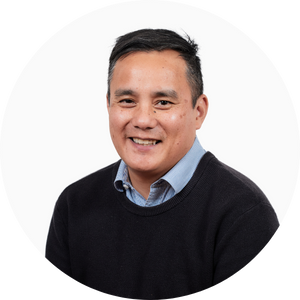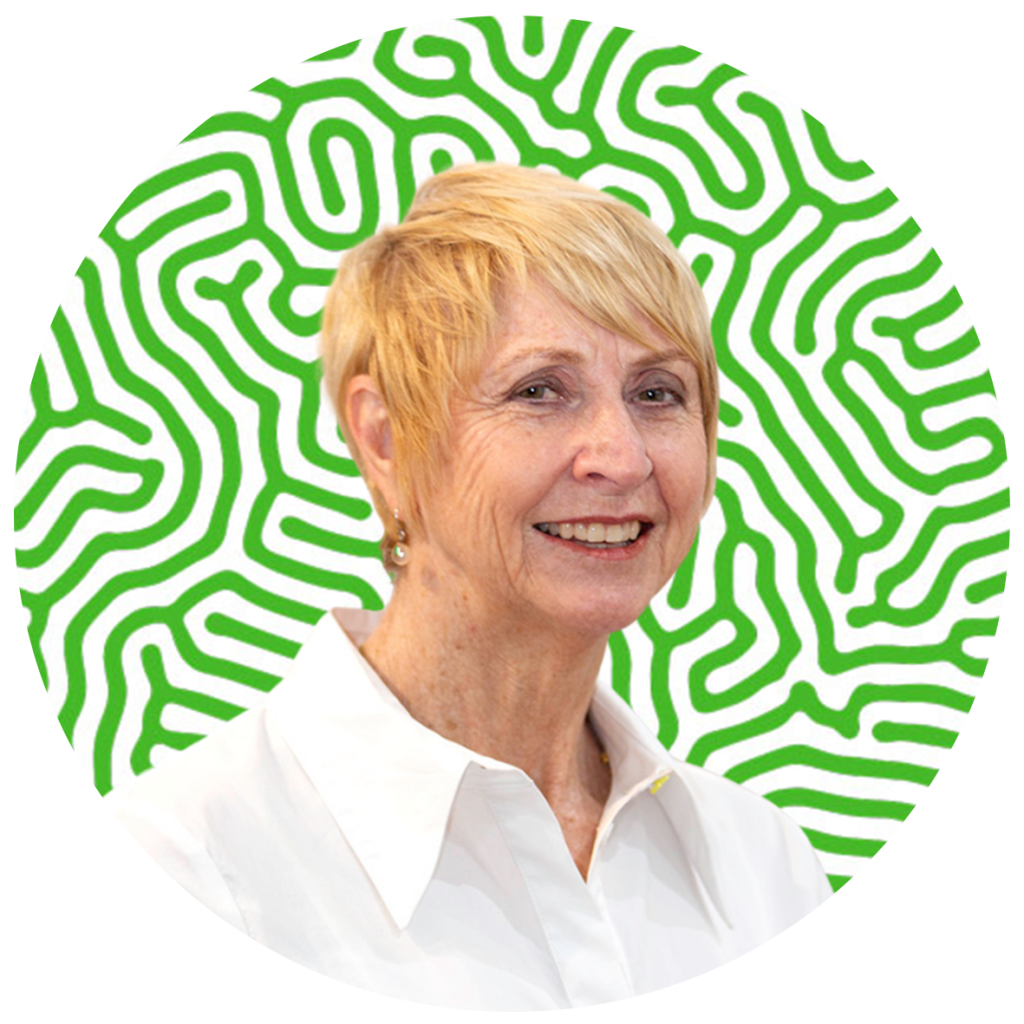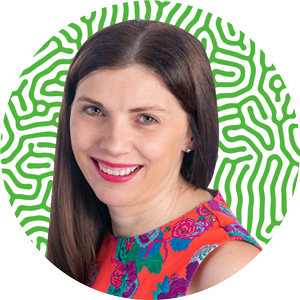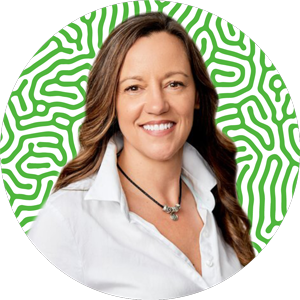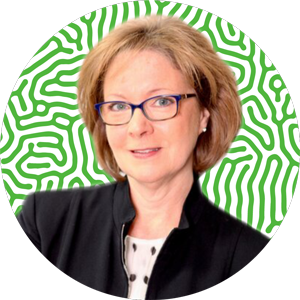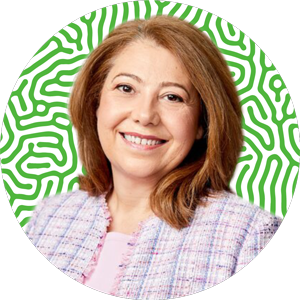As young children we are taught to admire and listen to leaders. At school we are encouraged to aim towards, and recognised for achieving, roles such as class captain, sports captain or school prefect.
As we move into further education and then the workforce we are again encouraged, recognised and rewarded for attaining leadership roles.
Historically, leaders have been promoted because of their technical performance or expertise. Also, perhaps a little cynically, they have been elevated due to tenure or connections. But with leadership and the role of leaders changing, we must ask ourselves: what is a leader in 2024 and beyond?
The Cambridge Dictionary defines a ‘leader’ as ‘a person in control of a group, country or situation’ and ‘control’ as the ability to ‘order, limit or rule something or someone’s actions or behaviours’. And while these might have been relevant definitions a century ago when employees had no rights and were often seen as essentially servants, are these definitions still relevant today?
In 2024 leaders who direct, control or intimidate are not the leaders who will be successful in the longer term. I particularly like the following definition of a leader:
‘The role of a leader is to coach, guide, and inspire others. They motivate teams through challenging times and guide individuals through their career progressions. A leader manages individuals to keep teams aligned and working toward shared goals. They foster a collaborative culture and lead by example.’ – Elizabeth Parry
Leadership is easy when people do what you tell them to do, without debate or resistance, just because you have authority and they do not. Anyone can lead when people have to listen and obey. It’s a bit similar to dealing with children. Wouldn’t we all be great parents if our children did what we told them every time without arguing!
But in 2024 leadership is not easy, and it is definitely not for the faint-hearted. And it might not be for you. Leadership is not an entitlement because you are an expert or have been in your role a long time. It is a responsibility and takes work and commitment.
We’ve compiled a list of the key attributes of an effective leader in 2024 and beyond. We believe that truly great leaders demonstrate the following.
1. They are human.
In 2024 successful, impactful and inspiring leaders are described as vulnerable, honest, open, curious, confident, empathetic, decisive and real!
True leaders are not always right; they ask for help and they have flaws.
One of the most important attributes of the modern leader is empathy. A recent research study by McCrindle, ‘Generations Defined’, highlights that Generation Z is the first generation to have empathy among their top three professed values. Prior to this, all generations – from Boomers to Gen Y – have consistently identified their top values as being approachability, clarity of communication and integrity/accountability. With Gen Z, these top values change to approachability, clarity of communication and empathy. (As a side note, it is interesting that empathy is valued more highly than integrity.)
Empathy occurs when one person feels acknowledged, heard and understood by another, and where individuals feel safe and able to share their feelings and emotions. Empathy does not mean consensus or agreement. It means acknowledgement.
Unfortunately, traditional leadership has often been more directive than empathetic. Leaders have been appointed for their knowledge and skill, not necessarily for their ability to understand or motivate individuals or teams.
This shift in values could mean the emergence of a new type of leader, whose human and people skills are their key differentiator in a world of AI and automation.
ACTION: How have you shown your human and empathetic side to your team lately? If you haven’t, why not?
2. They are self-aware.
Great leaders are aware of their strengths and skills but also aware of the behaviours that create risks to their performance. They accept their blind spots and acknowledge areas for improvement. And while they might not like to hear about their shortfalls, they accept them and are constantly working to improve on these and thus mitigate their negative impact.
Now there are many reasons we may avoid being honest with ourselves, including the following.
- Our ego or confidence won’t allow us to accept less than perfection.
- We have a fear of being fired or of not being seen as good enough.
- We don’t want to acknowledge fault, for fear of it becoming more ‘real’.
ACTION: What leadership skill or behaviour is currently your Achilles’ heel and what are you going to do to mitigate the risks associated with this behaviour?
3. They are accountable.
Sometimes a situation – and life generally – is unfair, unacceptable or frustrating. We’re all human, but rather than dwelling on negativity, great leaders look for solutions and ways to rectify problematic situations.
And while it is everyone’s responsibility to take action to create a more equal world, sadly, the only person you can truly change is you.
ACTION: What is a situation you are frustrated about and what can you do to change it?
4. They have the courage to accept criticism and failure.
No one loves to be criticised, to upset people, to be unpopular or to fail. Humans are hard-wired to belong, but strong leaders have the courage to stand out in a crowd and make the tough decisions, even if that incurs criticism.
Sometimes these decisions will be wrong. They might have been made with incomplete information or clouded judgement, but they still needed to be made. Effective leaders often have to make decisions in imperfect situations and require the ability to move forward after mistakes are made.
You cannot be an impactful leader if your driving principle is to make everyone happy and maintain friends.
ACTION: What conversation or decision are you avoiding today for fear of being criticised?
5. They accept that 80% is enough.
Nothing is perfect. No organisation, team, process, leader, partner, spouse or project is flawless.
Perfectionism is actually the enemy of great leadership. Why?
- It stops us from trusting others and delegating.
- It causes stress – constantly striving for perfection is exhausting!
- It’s time-consuming, leading to missing deadlines.
- It keeps us in the weeds and inhibits us from focusing on the big picture.
- It stops us making timely decisions.
ACTION: When you find yourself being a perfectionist, ask yourself, what is the cost or benefit of delaying moving to the next step? Then set a deadline and stick to it.
6. They share their successes.
Think about any well-known brand you respect – for example, Nike, Amazon, Adore Beauty or Samsung. They are all very successful brands because they offer great services and products but we know them because they advertise. Do you think they would be as well known if they didn’t market themselves and their offerings?
ACTION: What recent achievement or outcome can you be proud of and who will you tell?
7. They do not feel guilty.
Guilt is the condition of being conscious of having committed an offence or crime. It is an emotion that is all-encompassing and takes a lot of energy, but it can be useful if you are going to do something about it. Every emotion can be valuable if it drives you to make change and rectify problems. It is when emotions are left to fester and grow unchecked that they can become destructive.
Guilt can be conscious or unconscious. You might feel guilty because the demands of your role, the hours at work or constant travel keep you away from home. Or maybe you feel guilty because you are the most successful in your family or group of friends, and this makes you different from those you’re close to. Or perhaps you feel guilty because you are more competent than your peers and you don’t want to make them feel bad about their own skills or performance.
In each case, the key is to acknowledge these feelings and channel them constructively. Use your guilt as a signal to address imbalances, communicate openly and create environments in which both your successes and your relationships can thrive. If managed well, guilt can be a powerful catalyst for personal growth and enhanced leadership.
ACTION: What is something you feel guilty about and what action will you take today to remove this guilt?
8. They make time to think, focusing on strategy rather than tactics.
Great leaders balance their priorities to ensure that they are spending sufficient time on strategy.
Some leaders are ruthless with their time, ensuring that they only spend time on value-add activities, not on work that someone else could easily do at less of a cost. They know how to prioritise, when to say no and when to say yes.
Value-add activities take time, reflection, patience and quiet time without interruption. Great strategy requires some collaboration time, as well as time spent alone to explore opportunities and ponder. Often time spent strategising is not rewarding in the short term as there is no clear outcome or accolades. But great strategies will move the dial on performance and long-term success.
ACTION: Record your activities over the next week to understand where you are spending your time. Is it mostly on tactical work, meetings, strategy, people or something else? Are you happy with this allocation of time? If not, what will you change and when?
9. They invest in themselves and their teams.
Successful professionals in any sphere are always learning. They are curious about what is happening in their industry, always asking why and why not. And they have a plan to improve themselves, their team and their organisation.
For leaders, this commitment means more than just acquiring new skills; it involves a holistic investment in personal and team wellbeing. It’s about maintaining mental fitness, fostering a supportive culture and surrounding oneself with individuals who champion these values.
Great leaders also surround themselves with people who challenge and support them simultaneously. There is a well-known saying: ‘You are the average of the five people you spend the most time with.’ If you want to get fit but all your friends are into drinking and video games what is the likelihood of you achieving your fitness goals?
ACTION: Who do you admire? Who is a good role model for performance and success? What do you want to learn in the next 12 months?
10. They ask questions.
Great leaders have the courage to ask – for information, for resources, for respect, for what they need. They do not wait to be told, or for permission, or for a promotion.
They are considered, they are rational, and they have evidence for what they need. They know their worth and are comfortable to ask for acknowledgement, recognition and reward for their skills and performance.
Good leaders look after their people, creating cultures of high performance sustained by wellbeing.
If you would like to find out more about how we are creating leaders one coaching conversation at a time book a call with us here – www.peeplcoachstg.wpenginepowered.com!









